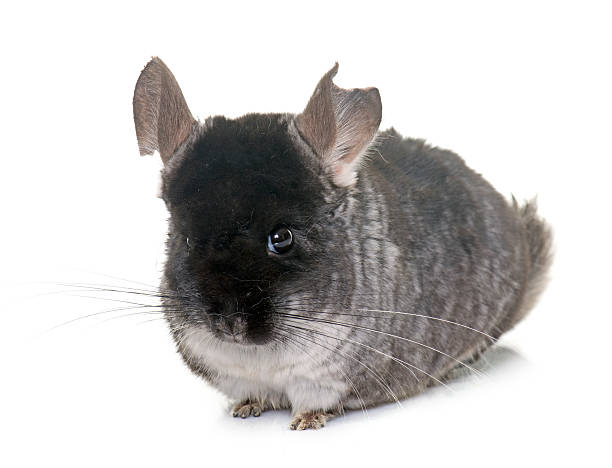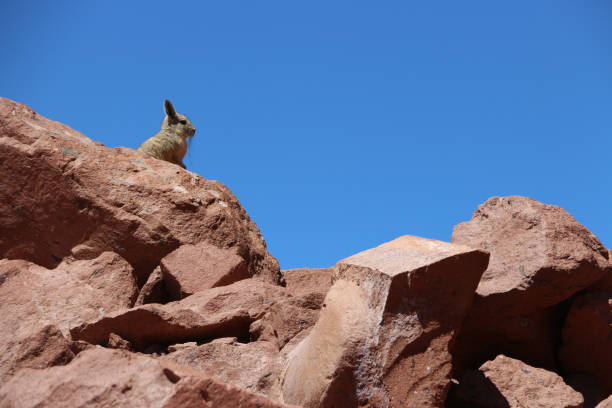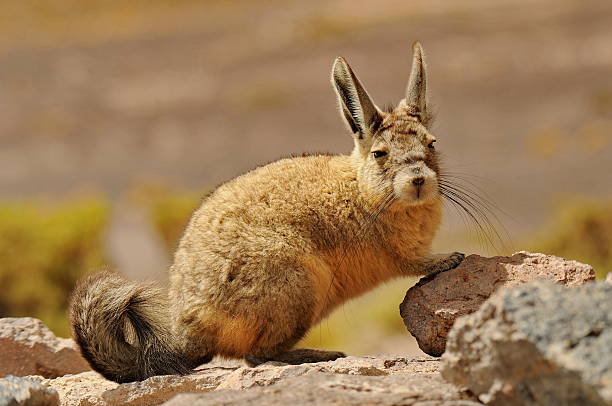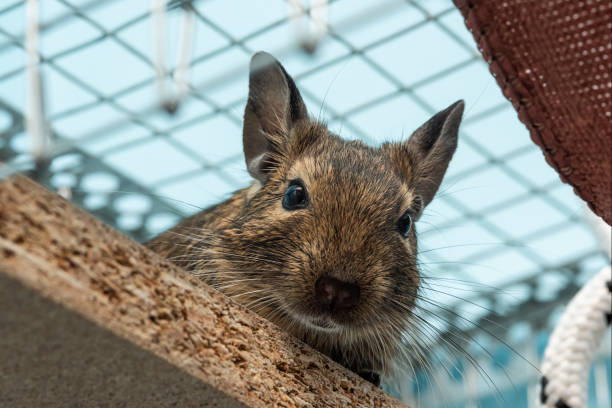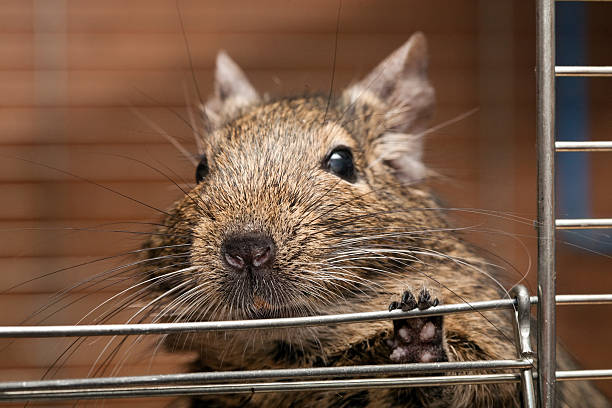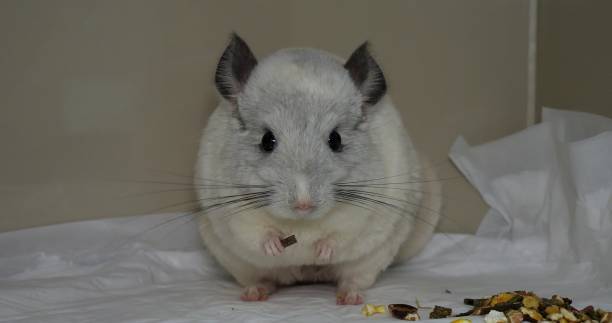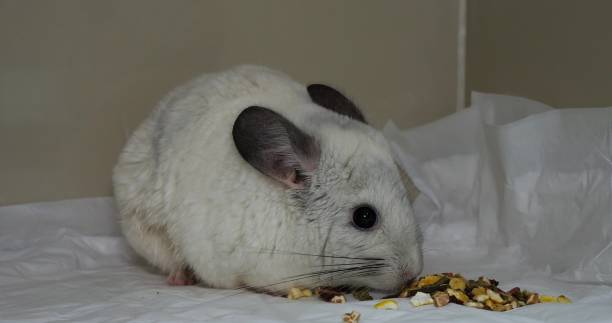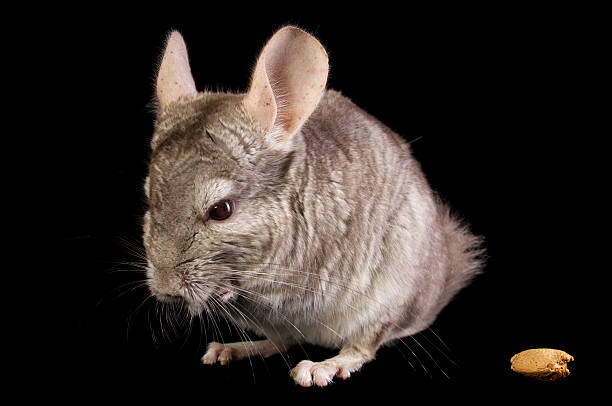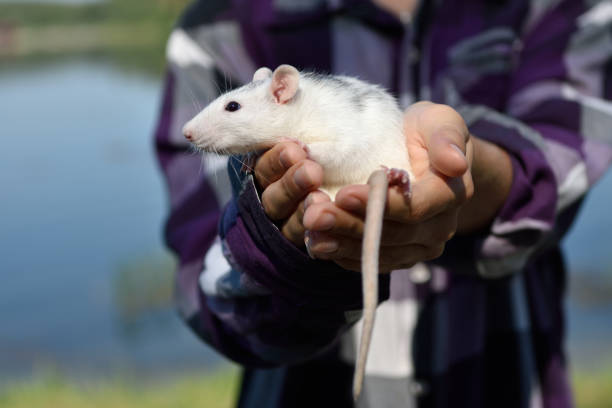Why Do Chinchillas Eat Their Poop? (It’s Actually Genius, Not Gross)
This post contains affiliate links. This means I will make a commission at no extra cost to you should you click through and make a purchase. Read the full disclosure here.You may be cuddling your adorable chinchilla when suddenly—you spot it. A quick head tilt, a strange little move… and yep, they just ate their own poop.
Gross, right? Not exactly.
Before you panic or try to “correct” this strange habit, let us reassure you: it’s completely natural, healthy, and vital to your chinchilla’s survival. In fact, it’s one of the smartest biological adaptations in the animal world.
In this step-by-step guide, we’ll explain why chinchillas eat their poop, what kind they eat, and how this behavior plays a critical role in their digestion and nutrition.
Step-by-Step Guide: Understanding Why Chinchillas Eat Their Own Poop (and Why You Should Let Them)
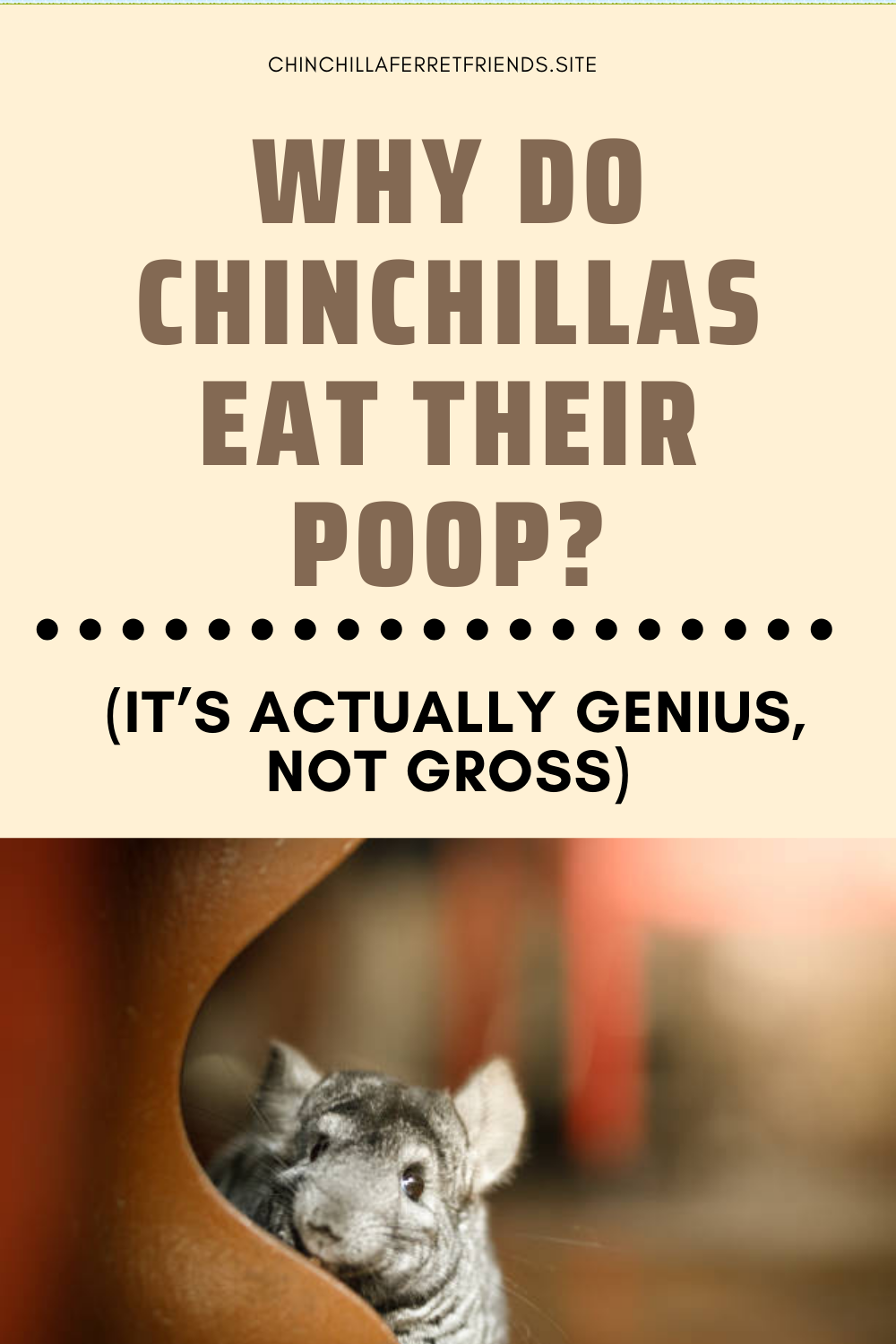
Step 1: It’s Not All Poop—Just a Special Kind Called Caecotrophs
Chinchillas don’t eat every single pellet they drop. What they’re actually consuming are caecotrophs—a special type of feces that’s:
- Softer than regular poop
- Produced in the cecum, a part of the digestive system where fermentation happens
- Packed with nutrients, especially B vitamins and beneficial bacteria
These soft droppings are usually eaten directly from the anus before they even hit the ground, which is why many owners never notice it happening.
Step 2: This Process Is Called Caecotrophy (And It’s Totally Normal)
The act of re-ingesting these special droppings is called caecotrophy, and it’s not the same as coprophagia (which is abnormal feces-eating behavior in some animals).
Here’s how it works:
- Food is partially digested and enters the cecum.
- Gut bacteria break down fiber and produce essential nutrients.
- The result is a nutrient-rich caecotroph pellet.
- Your chinchilla re-ingests it to absorb those nutrients the second time around.
It’s basically round two of digestion, and it’s incredibly efficient.
Step 3: Why Chinchillas Need to Do This
Unlike humans, chinchillas can’t absorb all nutrients on the first pass through their digestive system. The reason they eat caecotrophs is to:
- Absorb B vitamins and vitamin K
- Digest leftover protein and amino acids
- Reinforce gut flora for a healthy digestive tract
- Stay efficient with nutrients, especially in the wild where food can be limited
So while it might look odd to us, this behavior is actually a built-in health system—and interrupting it can lead to malnutrition.
Step 4: Should You Ever Try to Stop This Behavior? (Nope.)
Short answer: Never.
Eating caecotrophs is:
✅ Normal
✅ Healthy
✅ Necessary
Trying to stop this behavior—either through training, punishment, or over-cleaning—can cause:
- Nutritional deficiencies
- Digestive upset
- Weakened immune function
If your chinchilla isn’t eating their caecotrophs or you start seeing soft pellets left behind, that is cause for concern and may indicate:
- Illness
- Dental pain
- Obesity
- Lack of flexibility to reach the anus
- A poor or unbalanced diet
Step 5: How Diet Affects Caecotrophy
What you feed your chinchilla has a direct effect on the quality of their caecotrophs. To keep their digestion healthy:
- Provide unlimited timothy hay as the base of their diet
- Offer measured amounts of chinchilla-safe pellets
- Avoid sugary treats, fruits, or high-carb snacks
- Always offer fresh water
The more consistent and fibrous their diet, the better their gut flora—and the more useful their caecotrophs will be.
Step 6: What If You See a Lot of Soft Poop?
Most of the time, you won’t see caecotrophs because they’re eaten immediately. But if you start noticing:
- Clumps of soft poop left behind
- A foul smell
- Or a sudden increase in mushy droppings
…it could mean your chinchilla is unable or unwilling to eat them. This is not normal and could indicate:
- Pain (dental issues or arthritis)
- Obesity (can’t reach to ingest)
- Poor diet (low fiber, high sugar)
- Underlying illness
In this case, contact an exotic vet ASAP.
Step 7: Embrace the Weird Genius of Chinchillas
Let’s face it—chinchillas do a lot of odd things. But what looks gross to us is often brilliant biology.
By eating their caecotrophs, chinchillas:
- Maximize every nutrient they consume
- Maintain gut balance
- Stay lean and healthy
- Evolved a survival edge in harsh, nutrient-scarce environments
So next time you catch your chin mid-bite, don’t freak out—give them credit. They’re just doing what nature taught them to do, and doing it well.
Final Thoughts
Yes, chinchillas eat their poop—but not all of it, and not for the reason you think. Caecotrophy is a critical part of their digestive health, not a gross habit.
Now that you know the science behind it, you can stop worrying—and start appreciating how amazing and efficient your little fluffball really is.

